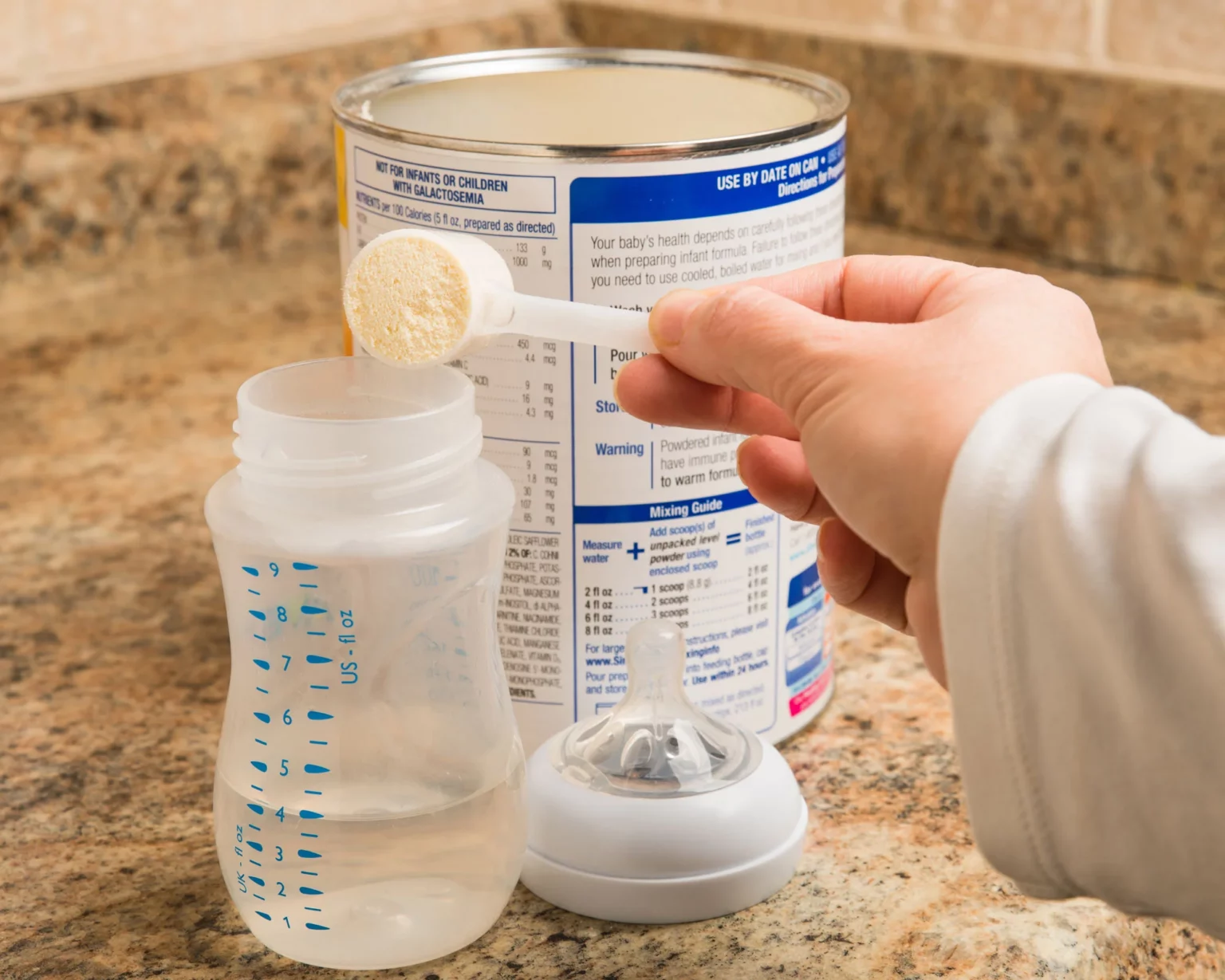The US Food and Drug Administration (FDA) has recently taken a proactive stance to ensure the safety and quality of baby formula products by issuing warning letters to three prominent manufacturers. The move comes as part of the agency’s efforts to strengthen its oversight of the industry in light of previous recalls and concerns about bacterial contamination.
The FDA’s warning letters were directed at ByHeart Inc., Mead Johnson Nutrition (a subsidiary of Reckitt Benckiser Group), and Perrigo’s Wisconsin unit. While the FDA has assured that the issuance of these letters will not disrupt the supply of baby formula, it serves as a clear indication of the agency’s heightened scrutiny and commitment to ensuring the safety of infant nutrition products.
The primary concern outlined in the warning letters is the inadequate bacterial contamination control measures during the manufacturing process. The FDA raised concerns that the companies’ existing procedures are insufficient to prevent the introduction of harmful bacteria into the baby formula products. This focus on bacterial contamination stems from past instances of recalls last year due to the presence of the bacterium cronobacter sakazakii, which can lead to severe infections in infants, including sepsis and meningitis.
In response to the warning letters, the companies have expressed their commitment to addressing the FDA’s concerns and prioritizing the safety and quality of their products. ByHeart Inc. affirmed their dedication to collaborating closely with the FDA and highlighted their track record of maintaining safety and quality standards. Mead Johnson Nutrition stressed their ongoing efforts to provide safe and high-quality infant formula, working in tandem with the FDA to address the raised issues. Perrigo’s Wisconsin unit reiterated its commitment to delivering safe products and announced their intention to review the FDA’s letter to determine the appropriate course of action.
The FDA’s vigilance in issuing warning letters underscores the agency’s determination to safeguard the well-being of infants and consumers relying on baby formula products. It also reflects a broader industry trend, particularly following the shutdown of Abbott Laboratories’ Michigan-based plant last year, which resulted in a nationwide shortage of baby formula due to concerns about bacterial contamination.
As part of its ongoing commitment to ensuring the safety and availability of baby formula, the FDA is working to strengthen regulations and oversight within the industry. The agency’s focus on addressing bacterial contamination and enhancing the manufacturing process reflects its dedication to maintaining the highest standards of safety for infant nutrition products.




